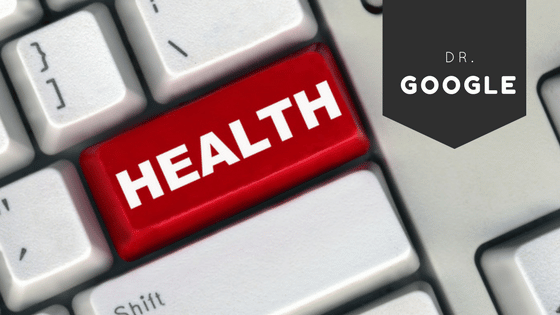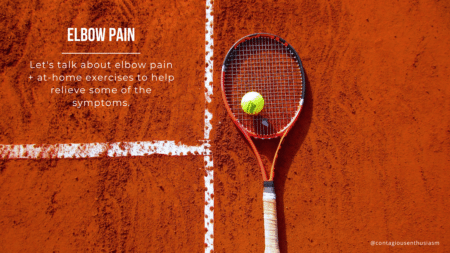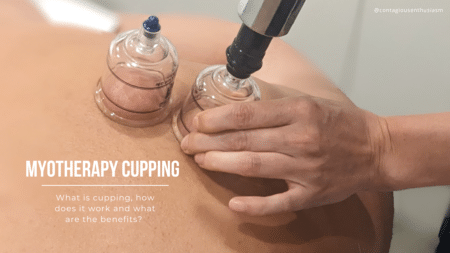Is “Dr Google” Really Good For Your Health

We are all guilty of it! Using Google search to find a diagnosis for our symptoms or concerns and putting our trust into what “Dr Google” has to say. Sometimes even convincing ourselves of a far serious condition then we actually have!
Unfortunately to write a medical based post, blog or website you do not require a degree in medicine or a Bachelor of Allied Health for that matter. Therefore how do we know that what we are reading is right or even evidence based?
Most of us believe we are intelligent enough to decipher the junk from the relevant information, but with access to a web of information, well designed web pages and convincing content this can be quite challenging.
What is even more alarming is that “Dr Google” can cause preconceived ideas or biases in our minds that can actually block us from receiving the right or best treatment for our conditions.
For example when it comes to foot orthotics, the information that is available on the net is sometime so wrong it is scary. Written by uneducated people and most often contradicted by evidence. However they may still form preconceived biases, prevented patients from accepting what is clearly the best option for their treatment.
Another prime example of this is the diabetes patient that comes into our rooms for the first time asking how effective honey is for the treatment of their ulcer? Even worse they have been using honey they purchased from the supermarket to treat their wound, as “Dr Google” told them it was a beneficial treatment option.
The reality is honey based dressings are a specialised medicated type, that has been through a sterilisation process and had changes made, to allow it to be effective in treating ulcers.
Medicated honey is also only designed for certain types of ulcers, which will vary depending on the depth, size, amount of exudate, wound bed and the presence or absence of infection. If medicated honey is used on the wrong type of ulcer it can actually cause further deterioration of the wound or lead to delayed healing.
It is not surprising to hear that this information will not be found on the back of a glass honey jar in your local supermarket, but instead inside the brain of a treating medical or allied health practitioner. “Dr Google” will also fail to assess your wound, prepare the wound for redressing and select the right dressing regime and frequency of dressing for your ulcer.
Google may be beneficial for a lot of things, but making a medical diagnosis or allowing it to affect your treatment decisions can be dangerous for your health. Do not let “Dr Google” replace physically seeing a doctor or allied health professional, who has studied for many years to provide you with a thorough assessment, diagnosis and treatment regime.
As an allied health professional our challenge is to understand these pre-conceived biases that our patients may have and trying to communicate effectively with our patients to ensure an accurate and beneficial treatment plan is made.
With social media and access to the internet, whether we want to accept it or not our patients are coming to see us more informed or sometime more ill-informed then they did in the past.
For foot pain, concerns or injury, do not let what you read on the internet decide your treatment regime. Come and see us at Well Heeled Podiatry to have a physical assessment, diagnosis and treatment plan.
By Monique Harding (Podiatrist)





